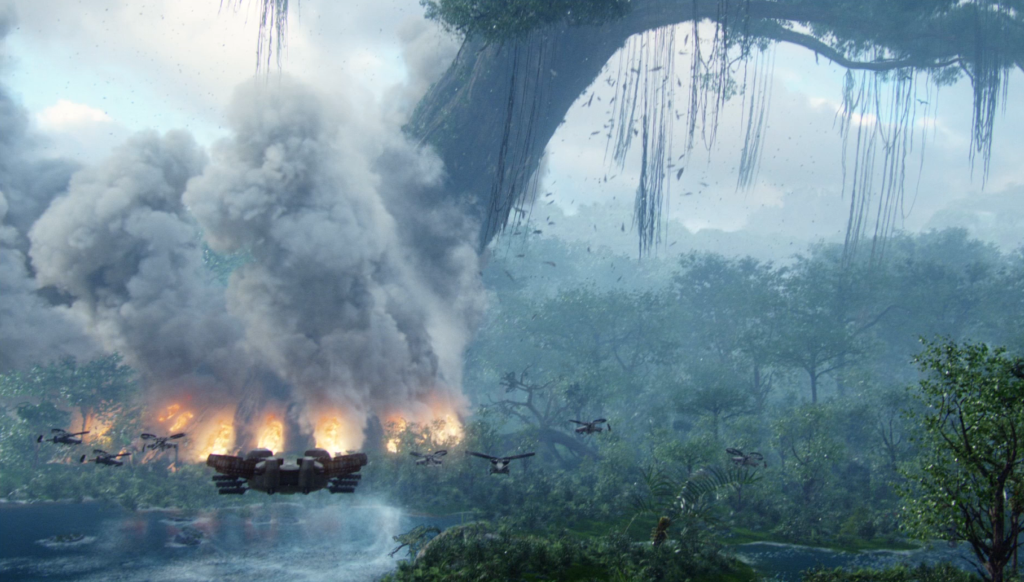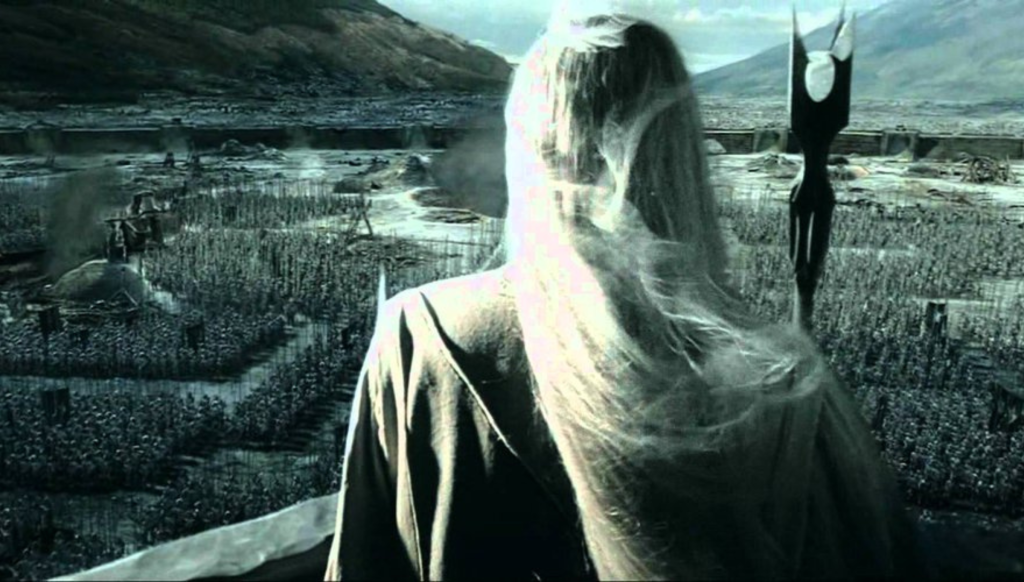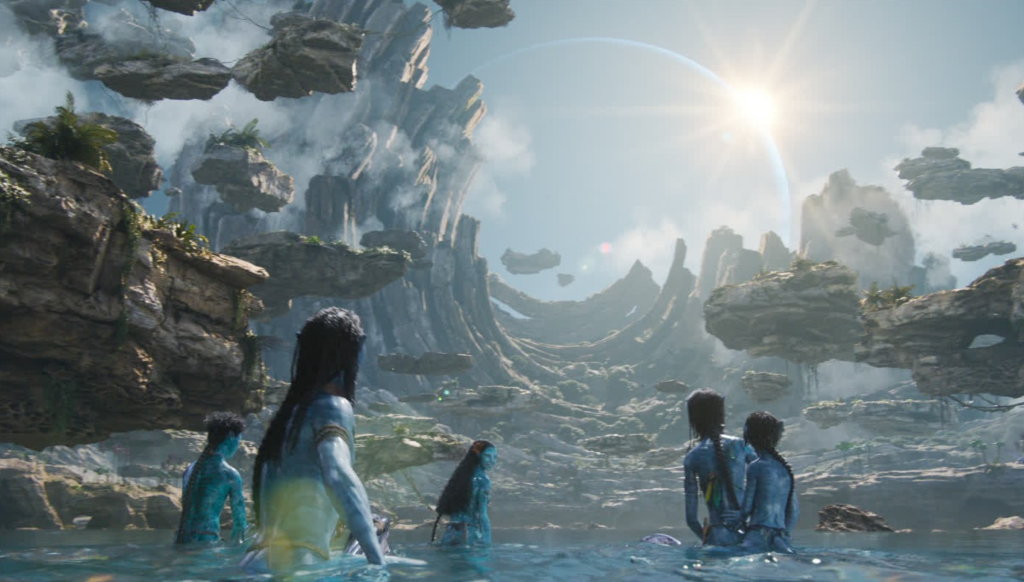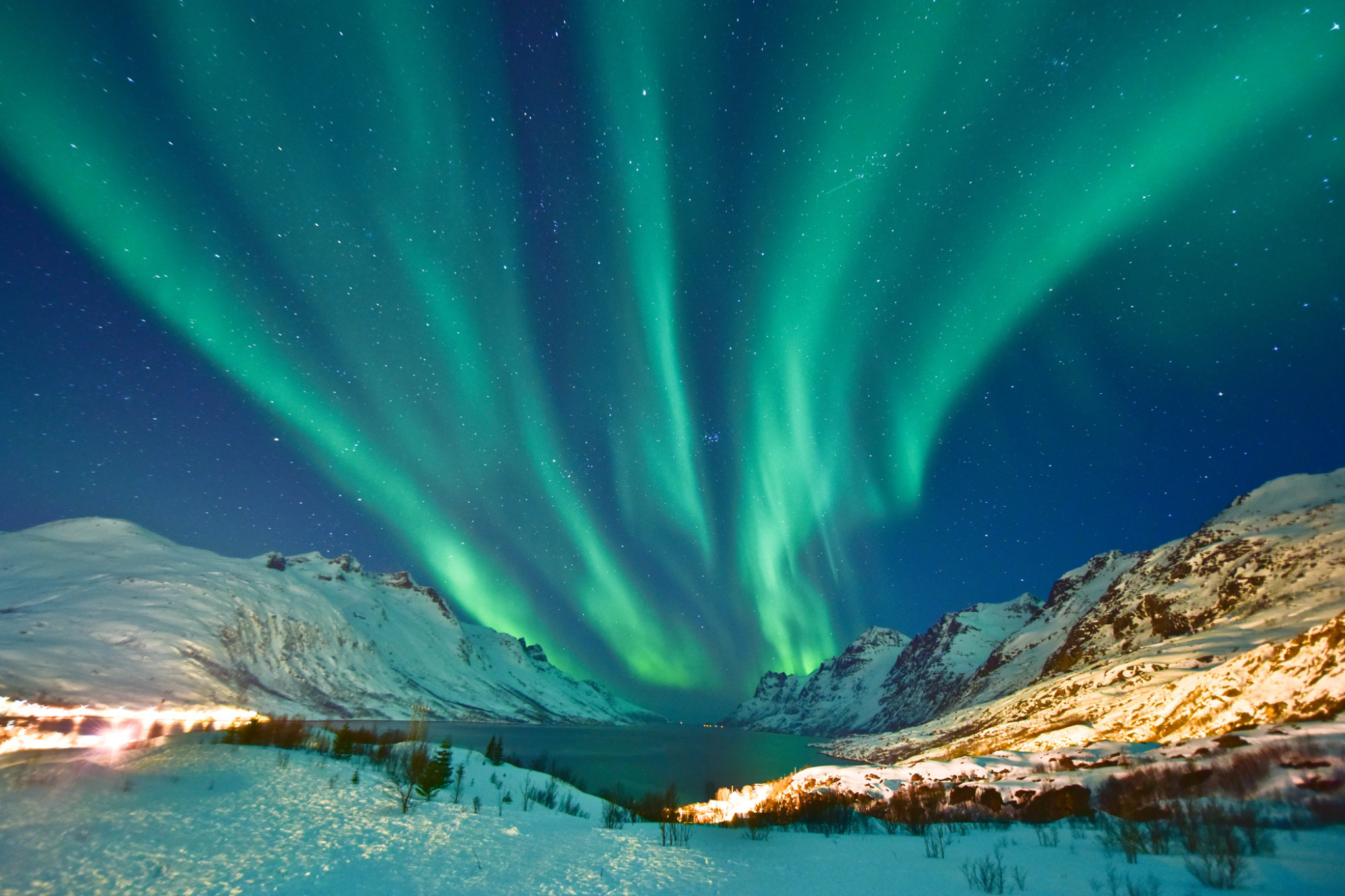“Paaaaiiiin”.
Remember the scene from Brooklyn 99 when Captain Holt has to deliver a speech on hope and all he has is this one powerful word? Well, that’s pretty much how I felt as I was watching the latest Avatar movie.

Don’t get me wrong, in my opinion, the movie is a masterpiece, a unique creation glowing with authenticity and the unspoiled desire of its director to make it according to his own wish instead of fixating over an audience to be pleased.
So yes, this is not a movie critique, just me bashing what I saw the other day because the truth is, I loved every second of it, and given the length of the movie, an eye-popping 3 hours and 12 minutes, that’s actually a huge thing to say because of those seconds there were many. But still, despite it being a beautiful movie with breathtaking scenery and a somewhat gripping story (well, that is not its main strong suit actually), watching it was still a prolonged, never-ending immersion in misery.
It was causing me suffering, even though I’m not one of those super conscious & sensitive beings, because the movie just felt too strongly like the mirroring of our destructive human activities.
And an important disclaimer before I would get engrossed in further details, well two remarks actually:
- First of all, I won’t spoil the movie, so even if you haven’t seen it, feel free to continue reading.
- Secondly, I really am not just one of those vegan, nature lovers who can’t even bare the sight of an ignorant brute stepping on a fallen leaf. So yes, supposedly, according to my own evaluation of my positioning, I’m a normal kid with ordinary levels of sensitivity, so if I talk about something causing me pain, that should mean something.
One Can No Longer Ignore the Resemblance Between Movie Villains and Our Own Role as the World’s Most Violent Predatory Species
That’s pretty much it. The movie hit me hard because it painfully reminded me of the destructive role we as humans play in the messing up of Earth’s peace.

For years, I could choose ignorance and root for the underdogs against a rapacious enemy in movies while forgetting how it was me and my fellow consumers I was watching, however, the untouched beauty against which invasive humans on Pandora were marching in their stupid baseball caps and American army-style sunglasses was too perfect for me not to be eye-opening. The effect was made even stronger as just hours before watching the movie I was consumed by the search to find cheap housing in the mountains for my upcoming skiing trip, another human endeavor venturing deep into nature instead of respecting the boundaries.
In the movie, we are all obviously siding with the indigenous Na’vi who are peacefully riding weird flying horse-bird mashups between their floating island thingies on their far-away home planet. Pandora’s lush nature with majestic animals charged with energy and all living things blessed with some sort of a fluorescent coverage requires no depth from us to see as something perfect in its own integrity.
It just feels so wrong when foreign spaceships descend from the sky, bringing with them destruction and unnecessary wreckage. All done in order to have a tiny amount of precious minerals from the ground extracted, so that back on the home planet humans can amass even greater riches while they are probably still cursed with mental illnesses and other materialism-caused miseries.
In the movie, we know it intuitively that trespassing is taking place. There is no lobbying force which could convince us about the opposite, no €200 billion World Cup to make us forget the money’s origins. We so easily and readily resonate with the desperate plea of the Na’vi. These peaceful beings understanding nature and living with it in great harmony deserve something better than selfish “sky-people” showing up on their shores to hunt for local whales.
The Connection Just Can’t Be Missed
In my opinion, the resemblance is striking. It’s literally impossible to see the movie in any other way. Greedy humans building concrete fortresses in places where nature with its divine beauty had previously reigned? Outsiders with sophisticated weaponry undocking on distant shores to burn down the villages of locals only furnished with spears and the screaming of their kids? This is literally the bloody history of humanity. A steady increase in our destructive capacity.
And Avatar is not at all the first movie to draw this parallel and make us empathize with the victims. Remember Saruman cutting down trees while preaching about the old world burning in the “fires of industry”? Or Scar reigning over ashes as Pride Rock had become the hunting ground of hungry hyenas ignorant of nature’s inbuilt harmony?

So yeah, as you can see, there’s nothing novel in Avatar’s story. And it’s pretty obvious that we know who the real enemy is. Selfish forces who can’t respect the slowly reproducing balance nature is blessed with.
But in this movie, given that actual humans play the enemy instead of pulling off something metaphoric with orcs and other magical beings, the mirroring effect is so striking that it really feels like one is forced to watch a detailed account of our own wrongdoings. And that account is unfortunately completely legit, and it causing pain is the realization that we are indeed all complicit.
I don’t know if that’s actually what James Cameron has intended, but there could definitely be an interpretation which sees these movies as fables to drag us through our walk of shame while pointing out the remarkable characteristics our beautiful Earth is already embellished with.
What Could Be the Point of This?
Nature has so much to offer even without us adding anything to it. Our Earth, like Pandora, is a green paradise providing us with so much wealth hanging from trees or present in pristine blue fjords and forest-blanketed valleys. Communities and cultures are fascinating not because of technologies invented but because of the unique human relationships and the rituals we come up with.

While watching the movie, I was definitely drifting towards this nature-loving mentality, piggybacking on the pain the movie’s symbolism was causing. The visuals combined with our mirrored reality almost had this effect to make me reevaluate everything.
However, unfortunately, I’m still going skiing. I love a wide-variety of meals and beautiful buildings. So, from my current personal perspective which hasn’t yet changed, the human footprint will have to keep on growing. There’s no excuse for this, I’m just selfish and weak, and I’m just hoping that this movie has at least managed to make a dent on my thinking, and that the next similar movie in line will be strong enough to bring me through the whole journey to finalize my siding with nature in the coming years.
Because that was the urge I was actually feeling. A growing push towards picking nature instead of supporting humans in continuing to flourish selfishly. Preferring limits instead of living lavishly because the truth is that we, Westerners, don’t actually belong to Bali, the same way kiwis don’t belong to Western plates. BeReal is just another distraction from our reality, while skiing is an intrusive luxury.
I’m not saying that we should drop everything and just go back to living the frugal way cavemen did. That’s a change I personally could definitely not undertake. I’m already afraid of spiders and other moving little things, so what would I do in a place where concrete didn’t cover everything?
But still, even though we are never going to embrace the Na’vi way, we will nevertheless have to change, change fundamentally and more meaningfully than just dropping milk and meat because as the latest Avatar movie points it out clearly, we are undeniably the bad guys here, the ones infringing on nature’s peace and the ones consuming beyond our globe’s limits.
So, How Should We Walk Away From the Movie?
I personally love James Cameron’s latest masterpiece. Not necessarily from a storyline perspective, but through the lens of understanding how it unforgivingly mirrors the destructive activities of humanity while showing the promising image of nature being magical and beautiful in its own integrity.
Obviously, one movie like this is not going to change much about the way we exist. It might only leave some fans depressed as they compare Earth’s grayness with Pandora’s sprawling forestry. But it nevertheless does show an alluring way through which humans and nature could coexist in symbiotic tranquility.
When talking about climate change, that’s the vision we should be pursuing. Not narratives about “stolen futures” and our inability to cut our carbon footprint but the idea that nature actually is truly divine and amazing.
We might already like beautiful mountains and valleys, but it’s this love which movies like Avatar might be exhibiting which we need. A minor upgrade in our feelings, a spark that gets us on our knees so that finally we can swap roles and be at nature’s service. If this is how we were to walk away from the movie, then it would be worth all the pain Avatar’s story might elicit.



